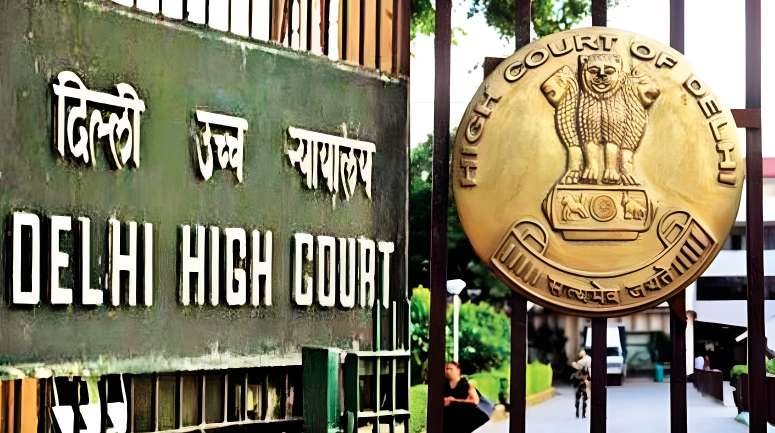
On September 12, 2023, the High Court of Delhi addressed a significant legal issue pertaining to the deadline for bringing an appeal against a ruling or decision made by a Family Court according to the Hindu Marriage Act, 1955.
The clarification was offered by a division bench of Justices Sanjeev Sachdeva and Vikas Mahajan after it was noted that there was a glaring discrepancy between the limitation periods stipulated according to the Hindu Marriage Act (HMA) and the Family Courts Act, 1984.
The Family Courts Act established a 30-day limitation term for appeals, as opposed to the HMA’s 90-day restriction time as stated in its 2003 amendment.
The Court has now ruled that the 90-day window outlined in Section 28 of the HMA shall serve as the statute of limitations for bringing an appeal from an appealable ruling and judgment of a district court.
However, the Family Courts Act, 1984 will remain in effect wherever family courts have been established, and the High Court ruled that an appeal under Section 19 of the said Act must be lodged within 30 days of the family court’s decision or order. Additionally, it made clear that under Section 5 of the Limitation Act, 1963, a filing delay may be excused if adequate justification is shown.
It is evident that Sections 19 and 28 of the Family Courts Act apply to orders made by the Family Court and the District Court, respectively, and that they function in distinct contexts. Therefore, under section 28 of the HMA, the deadline for filing an appeal from an appealable order or judgment issued by the District Court would be ninety days, and under section 19 of the Family Courts Act, the deadline for filing an appeal from an appealable order or judgment issued by the Family Court, wherever it has been established, would be thirty days.
The Delhi High Court’s division bench and the Bombay High Court’s three-judge bench each reached different results, which the court dissented from with this verdict.
In deciding a woman’s appeal against a family court judgment approving her husband’s divorce request according to Section 13(1)(ia) of the HMA, the court made its decision.
The husband made a preliminary objection, claiming that the Family Courts Act’s statute of limitations precluded the appeal. The appellant-wife argued in opposition that the appeal was made in accordance with Section 28 of the HMA, where the limitation period is 90 days rather than 30 days.
The Court determined that the Family Courts Act’s limitation period is appropriate in this instance. Nevertheless, the bench gave the appellant-wife a chance to submit a suitable application requesting a delay pardon and scheduled a follow-up hearing for October 16, 2023, before the same bench.
Written By: Hetanshi Bhojaviya, College Name: GLS Law College, Semester : IX (B.A.LL.B) an intern under Legal Vidhiya




0 Comments